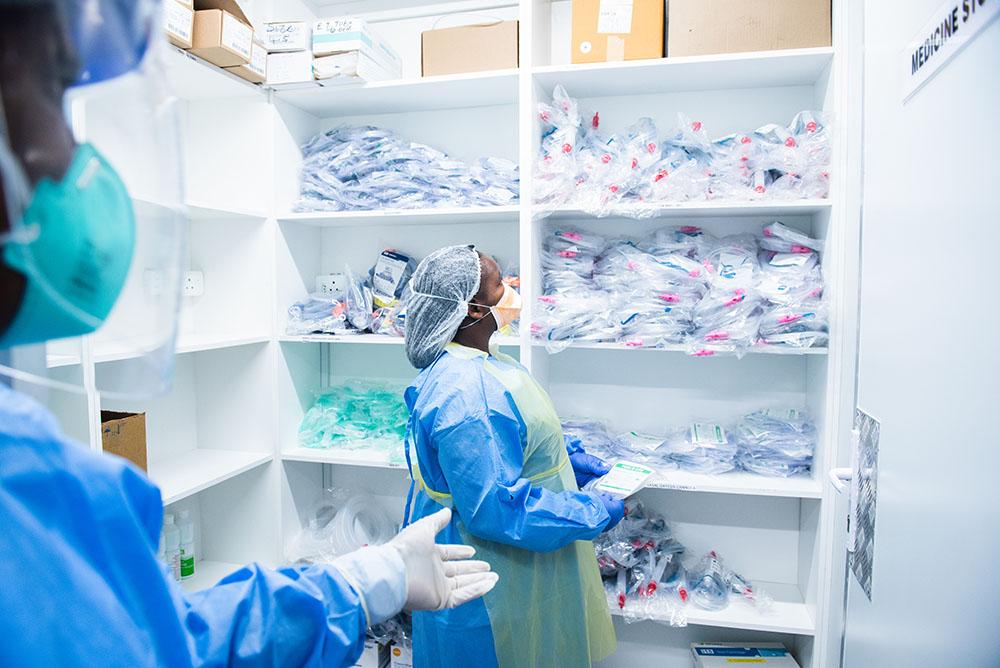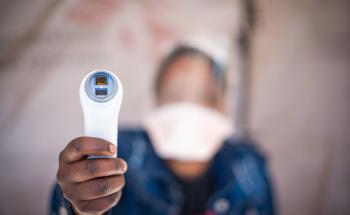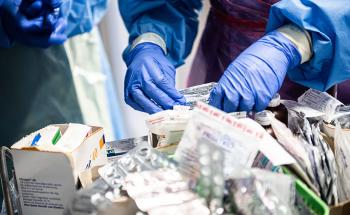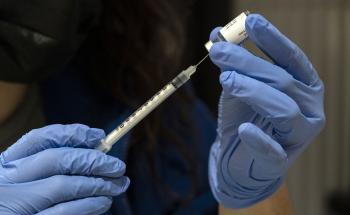Following the release of US pharmaceutical company Moderna’s astronomical third quarter 2021 sales figures from its only product, the COVID-19 vaccine, Doctors Without Borders (MSF) urged the company to immediately share its mRNA vaccine technology and know-how through the World Health Organization's (WHO) COVID-19 mRNA vaccine technology transfer Hub in South Africa.
As Moderna has received significant public funding for this COVID-19 vaccine, the company has an obligation to help with global vaccination efforts to protect everyone from COVID-19, prevent the development and transmission of ‘variants of concern’, and bring this pandemic to an end.
Moderna announced today 2021 third-quarter sales of US$XX billion worldwide. The corporation’s sales year to date for 2021 were $11.3 billion, with over $19 billion forecasted for the whole year from the COVID-19 mRNA vaccine alone.
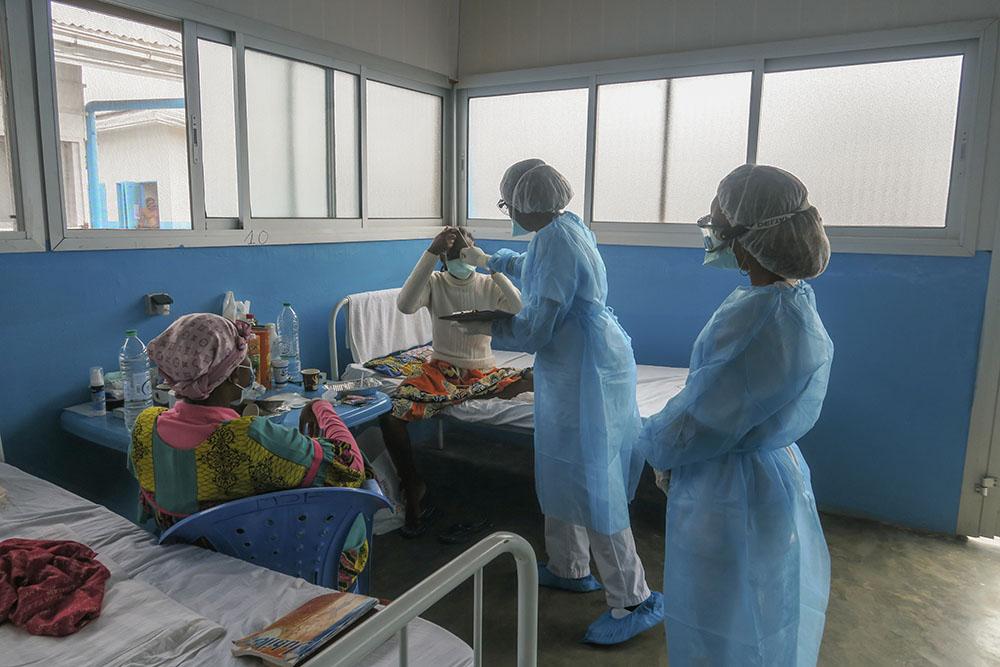
The US government has provided Moderna with nearly $10 billion in taxpayer money for both research and development – including almost the entire cost of clinical development – and for the purchase of 500 million doses of this mRNA COVID-19 vaccine. Additionally, Moderna used patent and non-exclusive rights that the US government made available to them to make this COVID-19 vaccine.
Given the massive amount of public money that the US government has given Moderna, MSF is calling on the Biden administration to use the legal leverage afforded by the Defense Production Act to force the company to share the vaccine technology and know-how with the WHO mRNA tech transfer Hub immediately.
“US taxpayers made the Moderna COVID-19 vaccine possible,” said Dr Carrie Teicher, Director of Programs, MSF-USA. “The company must absolutely be accountable to the public effort to vaccinate the world, and the US must use its vast legal powers to force or compel Moderna to share the tech and help boost global production of the vaccine. Time is running out for the US to make good on its claim to be a global leader on COVID-19.”
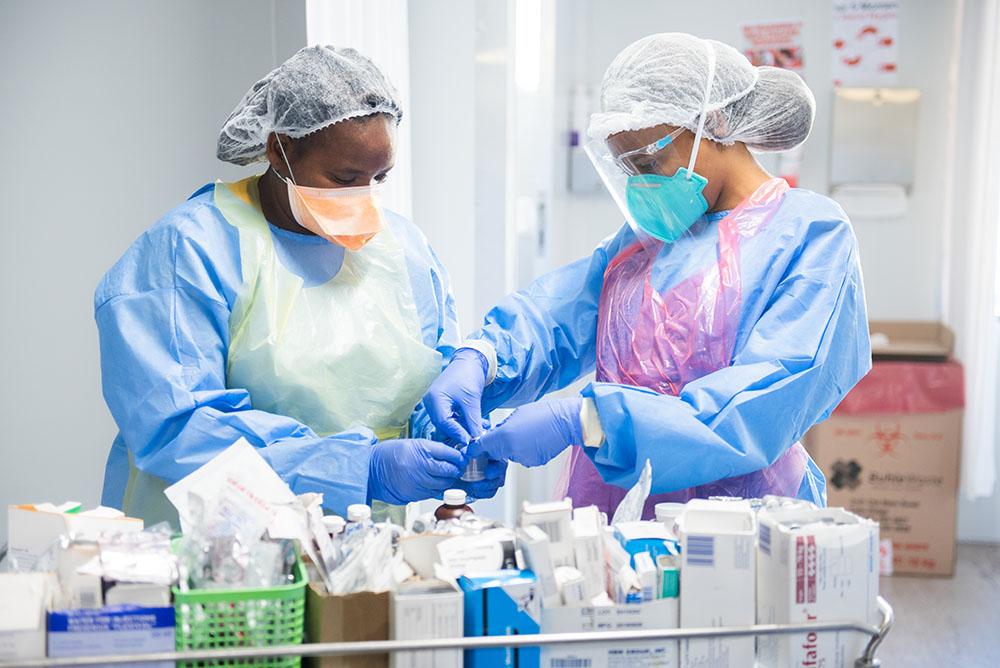
As of 9 October 2021, Moderna had provided only 1 million doses to low-income countries. Less than six per cent of people in low-income countries – including those in many of the places where MSF works – have received their first dose of any COVID-19 vaccine. Thus far, Moderna has delivered none of its committed doses to COVAX, the global procurement mechanism that was supposed to deliver COVID-19 vaccine equity.
Moderna has instead obtained several patents with very broad claims covering its COVID-19 vaccine and other mRNA technologies in South Africa without registering the product in the country. This means that while the company is unwilling to make the vaccine sustainably available in South Africa in meaningful quantities, it is preparing to have the patents in place in order to possibly enforce them once the pandemic is declared over.
Considering its minimal efforts to contribute to global vaccine equity, Moderna’s recent Memorandum of Understanding with the African Union to supply up to 110 million doses of COVID-19 vaccine through 2022 as well as plans to scale up production on the African continent should not in any way be considered sufficient.
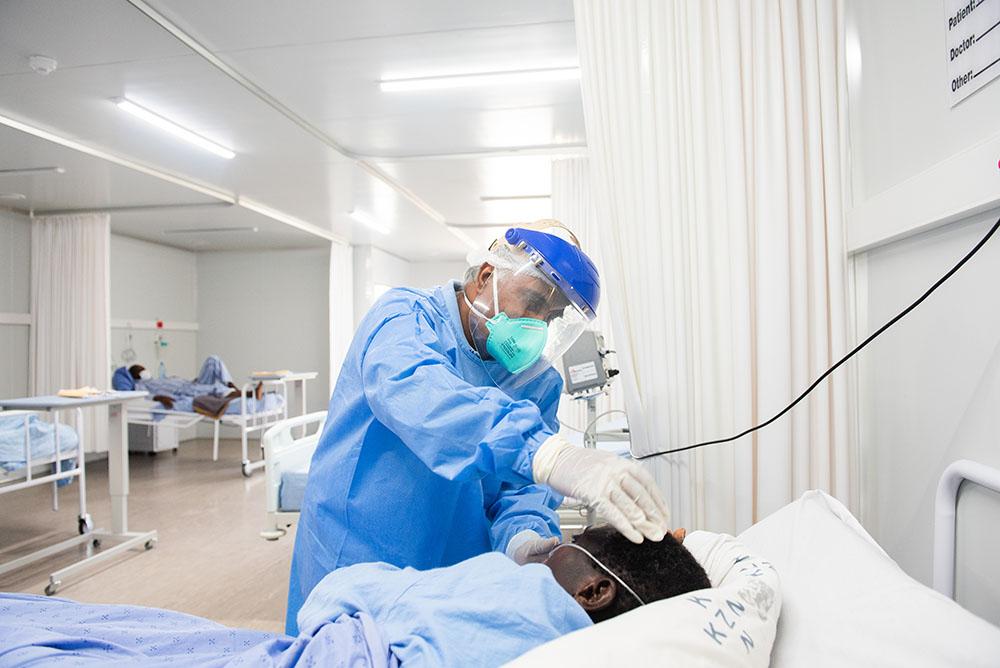
In fact, Moderna’s plan to build its own mRNA facility on the African continent directly undermines current global public health efforts to foster technology transfer and build independent manufacturing capacity in Africa.
Since its announcement in April 2021, the WHO mRNA vaccine tech transfer Hub in South Africa has not been able to secure any mRNA technology from any corporation, and it will now instead try to develop its own vaccine candidates from scratch. Although a commendable step, this is completely unnecessary and an unjustifiable waste of time and effort when more advanced and approved mRNA COVID-19 vaccines already exist.
By choosing to ignore global public health initiatives and go its own way, Moderna has made it clear that it is much more interested in raking in grotesque profits than in contributing to the global vaccination effort to save lives.Candice Sehoma, South Africa Advocacy Officer for MSF’s Access Campaign.
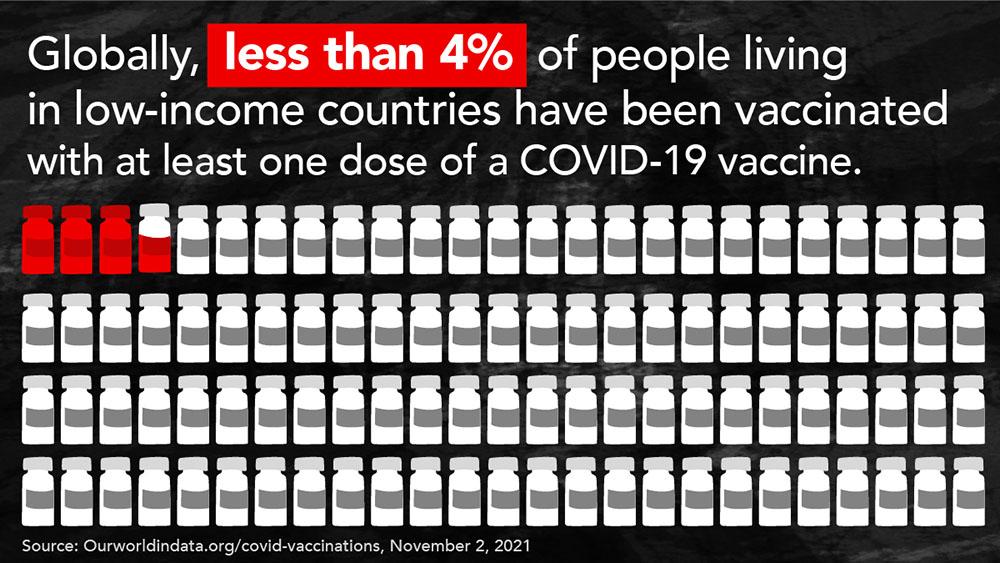
“If Moderna were to share its tech with the WHO mRNA Hub, the company could help increase the global production of COVID-19 vaccines now. Instead, by leaving the WHO mRNA Hub to try to reproduce what has already been done, Moderna is sabotaging an opportunity to foster self-sufficient vaccine manufacturing in Africa.”
Sharing mRNA technologies will increase the global production and supply of COVID-19 vaccines, saving lives in this pandemic and in the future—as well as help developing countries to become more self-sufficient in their response to both current and future potential pandemics.
According to MSF’s research, at least seven manufacturers actively producing sterile injectable medical products based in African countries currently stand ready to produce COVID-19 mRNA vaccines.
